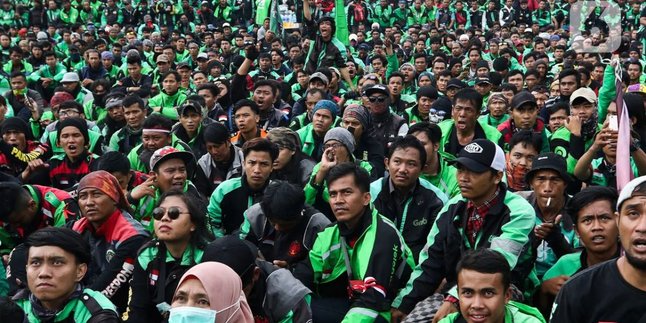Kapanlagi.com - In the holy month of Ramadan, many Muslim women are eager to perform i'tikaf, especially during the last ten nights filled with blessings. However, an important question arises: are women who are menstruating allowed to participate in i'tikaf in the mosque?
I'tikaf is a special worship that requires a person to stay in the mosque, engage in dhikr, read the Qur'an, and pray. But what happens if biological conditions become an obstacle, especially for women who are experiencing their period?
According to An-Nawawi in his book Raudlatut Thalibin, it is clearly stated that "the i'tikaf of menstruating women and those in a state of major impurity is invalid. If a woman who is performing i'tikaf suddenly gets her period, she must leave the mosque."
Despite this limitation, the spirit of worship can still be expressed in other ways. Let us continue to enhance our faith and piety in this blessed month!
1. The Majority Scholars' Opinion: I'tikaf is Invalid During Menstruation
In the view of the majority of scholars, i'tikaf performed by women who are menstruating is considered invalid and even haram if done inside the mosque.
This is because one of the conditions for the validity of i'tikaf is that the person must be free from menstruation, postpartum bleeding, and major impurity. The main evidence supporting this opinion is the word of Allah and a narration from Aisha RA stating that during the time of the Prophet, menstruating women were instructed to leave the mosque.
Imam Nawawi in his work, Al-Majmu', emphasizes that the presence of menstruating women in the mosque can be considered a form of disobedience, as they are prohibited from being in a sacred place in such a condition.
2. The Minority Scholars' Opinion
Although the majority of scholars strictly prohibit it, there are a handful of thinkers, including those from the Zahiriyah school and some contemporary scholars like Sheikh Musthofa al-Adawi, who dare to allow menstruating women to perform i'tikaf.
They argue that the intention and spiritual purpose of i'tikaf can still be maintained even in a state of major impurity.
However, this opinion remains controversial and is not widely accepted, as it contradicts the clear prohibition regarding the presence of menstruating women in the mosque.
In essence, this debate is not just about i'tikaf, but more about the prohibition for menstruating women to stay in the mosque, which is generally agreed upon by the majority of schools.
3. What Should Be Done If Menstruation Comes While in I'tikaf?
When a woman who is in i'tikaf suddenly gets her menstruation, she must immediately leave the mosque and stop her worship.
This is in accordance with the fiqh principle that states if the conditions for valid worship are lost, then the worship cannot continue.
Scholars agree that menstruation that occurs during i'tikaf invalidates the worship for the remaining time. However, do not worry!
Every intention and good deed performed before the onset of menstruation is still recorded as reward, as long as it is done sincerely.
The most important thing is to accept Allah's decree with an open heart, because every situation, including the arrival of menstruation, is part of a destiny filled with meaning and wisdom.
4. Acts That Women on Their Menstruation Can Do During Ramadan
The month of Ramadan is a moment filled with blessings, where every precious second is an opportunity to draw closer to the Creator.
For women who are menstruating, although fasting and prayer cannot be performed, there are still many ways to earn abundant rewards.
They can recite salawat and dhikr, read the Qur'an from memory, and perform various other good deeds. Additionally, giving charity, praying, and increasing the utterance of good words such as tahmid, tasbih, and takbir are highly recommended options.
As stated by the Prophet Muhammad (peace be upon him), "Whoever glorifies Allah 100 times, then for him will be written 1000 good deeds or 1000 sins will be erased from him," emphasizing that even while menstruating, women still have a golden opportunity to worship and gather rewards.
(kpl/rao)
Disclaimer: This translation from Bahasa Indonesia to English has been generated by Artificial Intelligence.












